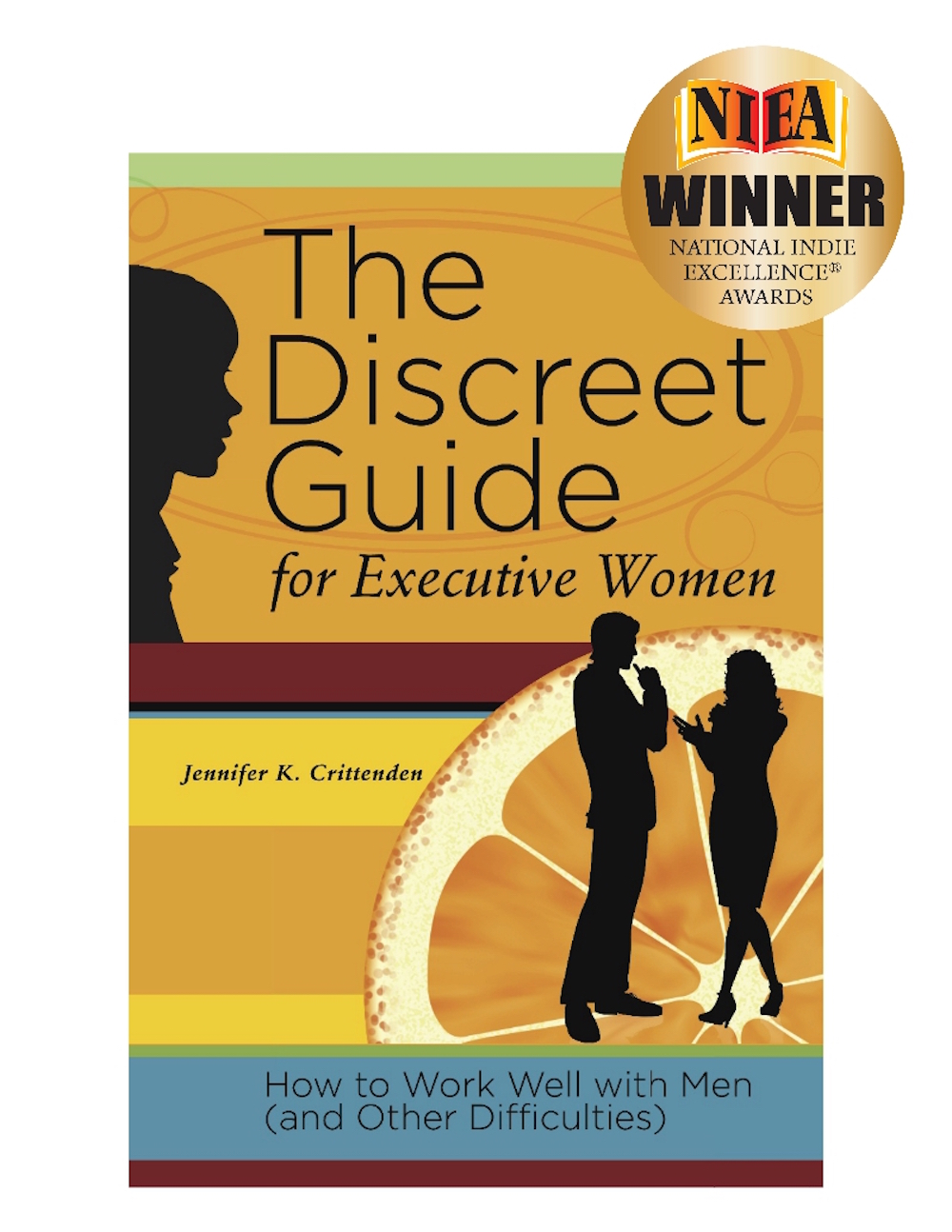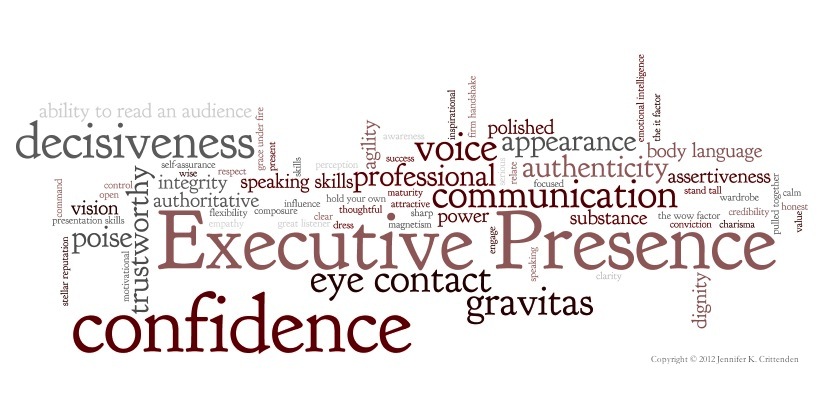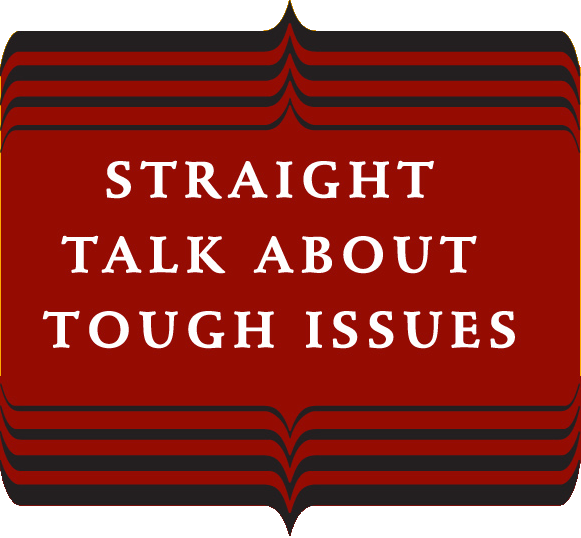When my book came out, I was inundated with positivity. “Congratulations!” “Way to go” “Can’t wait to read it” “Very insightful” “Good for you,” “Love the excerpt” “GOT YOUR BOOK AND CAN’T STOP READING” comments poured out of my computer screen and flowed onto me, coating me in a glowing layer of happiness.
“You don’t realize this,” I told my husband smugly across our quiet family room, “but I ROCK.” “Humph,” he said.
So I telephoned my sister. “You wouldn’t believe the feedback I’m getting,” I said. “These women are saying such nice things. Women who don’t even know me. It’s like an outpouring of love and encouragement!”
“You’ve got to put that on your website,” she said. I knew why: in this period of Mean Girls and Queen Bees, we’ve got to acknowledge real support.
Less than twenty-four hours later, my bubble popped. A letter from a new reader asked, “I wonder what you think about woman-woman solidarity? I find that women do not support other women in the workplace and are often catty, siding with men, and trying to get their way up the ladder by being “one of the boys” rather than supporting each other.” She then told a story of having a colleague who she thought was a friend “turn on her” and tell her boss lies that led to an investigation and damaged her reputation. I felt sick reading her email.
It reminded me of a letter I received a year ago from a former colleague who reported that her next-door neighbor and friend had “turned on her.” That seemed a polite term for proclaiming her never-ending friendship while being employed as a housekeeper by my colleague, but carrying on an affair with her husband in her house. Ow.
I too once had someone turn on me. It was Sabrina Nixon in the seventh grade. Admittedly, we were unlikely friends. I had started at a new school in town following six years at a friendly rural school where a queer but happy mix of egalitarianism and anarchy ruled. At the new school, we were all on different social levels, each one on a different scaffolding that seemed to sway and tip according to mysterious popularity trends that I had no hope of grasping. Somehow I found myself on Sabrina’s plank, and she invited me to her house. She showed me a nest of baby rats in their shed (this was Indiana), and we rode her motor bike around the yard.
“Don’t you know how to ride a dirt bike?” she inquired incredulously.
How could I explain that it wasn’t the technique that intimidated me—it was the NOISE… She also gave me a blow-by-blow description of the movie, Willard, a horror movie about rats, that was popular at the time, and which, of course, I had not seen. I stared into the rat’s nest, fascinated. It was definitely not how I usually spent a Saturday. Frankly, I was mostly appalled, but I was glad to have a friend in a school where I had no other connection. We ate lunch together every day, and as I recall, there were a lot of Twinkies. Maybe that explains something because suddenly, it was over. I came to school one day to discover that she had taken something from my locker and left a nasty note in place of it and our friendship. She was horrible, openly mocking me and disclosing secrets I had told her. Now I was more appalled than ever.
Dazed, I realized that I would have to make new friends, but it seemed as though everyone was taken. I distinctly remember approaching two girls standing outside the gym at lunch and saying to them, “Er… hi.” And I distinctly remember them turning shocked and frozen eyes upon me with a look that would have killed an entire colony of rats, and moving away in unison without saying hi back. Trauma from that encounter still haunts me at networking events to this day.
Somewhere along the way, things changed. I got better at saying “hi,” and women seemingly got friendlier and less concerned with the scaffolding. When I read young women’s gay posts where they declare that they are what they are, and they’re not changing nothin’, I have to applaud. It has not always been like this. On one hand, sometimes I am truly shocked by what girls post on Facebook; on the other hand, they’re so much more fun!
Nevertheless, the anecdotes and statistics are not so fun. According to informal surveys and studies, the majority of employees prefer male mentors and male bosses. Many of the women whom I mentor report problems, not with their male colleagues, but with their female ones. Some of these stories are really disturbing. When I wrote my book, I consciously decided not to include nasty stories about women; after all, I coach my readers to be kind to women at all levels of the organization and not to diss female public figures.
“Well, that is quite a dodge,” a fellow senior executive comments disapprovingly.
It’s because I think that the way to fix the problem is to fix the women; almost all of this bad behavior stems from insecurity, unhappiness, and desperation in the workplace. We need to make these women feel better, so that they can perform effectively and deal with their junior colleagues and subordinates in a supportive and correct way.
Meanwhile requests for help poured in. “Any advice about working with a female boss?” a new reader writes. “Do you have anything about other women?” another writes desperately. The American Bar Association published a survey indicating that legal secretaries did not prefer to work for female partners over male partners, which provoked a ferocious backlash from women’s groups. The ABA pointed out that the survey revealed the “elephant in the room” that “we don’t allow ourselves to talk about.” Then people got really mad. The ABA finally threw up their hands and apologized and scheduled some town hall sessions on gender equality. Meanwhile, another reader politely writes to me, “Interactions with female colleagues would also be a useful topic to cover.” And a young woman writes sadly, “In my area, I find that other women are like obstacles, but I suppose this would be the case anywhere.” Have I written the wrong book? I am now convinced that someone will write The Indiscreet Guide to Working with Women (and Other Impossibilities).
In my book, I describe the cliché of an unpleasant female co-worker, your “evil twin.” Imagine a hyper-intense, grim, uptight, paranoid colleague who takes everything the wrong way. She’s ready to pull herself up in outrage at every imagined slight. She’s stiff, hostile, and carries a giant chip on her shoulder. She’s insecure about her competence, so she doesn’t ask or answer questions, over-uses lingo in an attempt to fit in, and hides behind inauthentic emails and overly-formal presentations. She barricades herself in her office and discourages drop-in visits. Wow. I bet you want to build a relationship with her, right? The thing is—people don’t want to build a relationship with her. And I hear reports of her continued existence from all corners. I feel sorry for her, but the reports of the damage that she wreaks on careers and staff members’ mental health are awful.
I try to calculate the time that elapses between when a woman first hears the title of my book, which sounds hostile to men (although the book isn’t), laughs, tells me about some awful male boss or co-worker, and then says, “Actually, I think women are harder to work with than men.” It’s nearly always less than two minutes. Very often, they report that women that they worked with “held them back,” “weren’t supportive,” “were psychos at work,” or “stabbed me in the back.” I’m struck by the common language they use, particularly the searing “I thought she was my friend.”
And the guys? It’s a rare guy who will openly say to me, after hearing my book title, that he had trouble working with a woman. If he knows me well, he’ll mention it, usually with frustration and incomprehension—like, what was wrong with her? Most guys will stoutly say that they worked for a woman, and they had no problem with that. That’s in public, so to speak. The surveys and anonymous reports tell a different story. They complain about her inability to communicate, to take a joke, to join in, to be a team member. These reports make me so sad—after nearly three decades, this is where we are?
At the risk of infuriating everyone out there—those stung by a female co-worker and the elephant-deniers, I’m going to stick up for these Not-So-Good Girls. When I hear about a mean girl at work, I feel sympathy for her because I know how miserable and confused she must feel. But when I hear about a mean guy, I think, “You jerk.” Because that’s the bottom line: when you’ve had a privileged upbringing, when you’ve been mentored by supporters all along the way and been put in a position of authority, when you’ve been given every advantage—by God, you should behave like a gentleman. And I’m going to hold you to a higher standard.
But when you’re the underdog, when you’ve had to fight for the right to play, when you’ve been spit on by the crowd through every match you’ve played, when even your own teammates subtly undercut you, you’re likely to be pretty pissed, and accidents are gonna happen. The ref is going to make some calls that just don’t go your way. Because of inexperience, lack of training, and frustration, it’s very hard for you to play a clean game. You’re going to commit some fouls.
But, we’re coming along, and we’re getting better. We may need some extra coaching, but we’re out here on the playing field where there were no girls before. We’re playing, and they’re letting us play. We’re figuring it out, and they’re figuring it out. It’s messy, but let’s don’t give up on the girls yet.
Copyright © 2012 Jennifer K. Crittenden
Do you have a story that you want to share about working with women? Leave a comment below or email me at
stories (at) discreetguide (dot) com





 Ten 90-minute individualized sessions. Private and confidential.
Ten 90-minute individualized sessions. Private and confidential.

